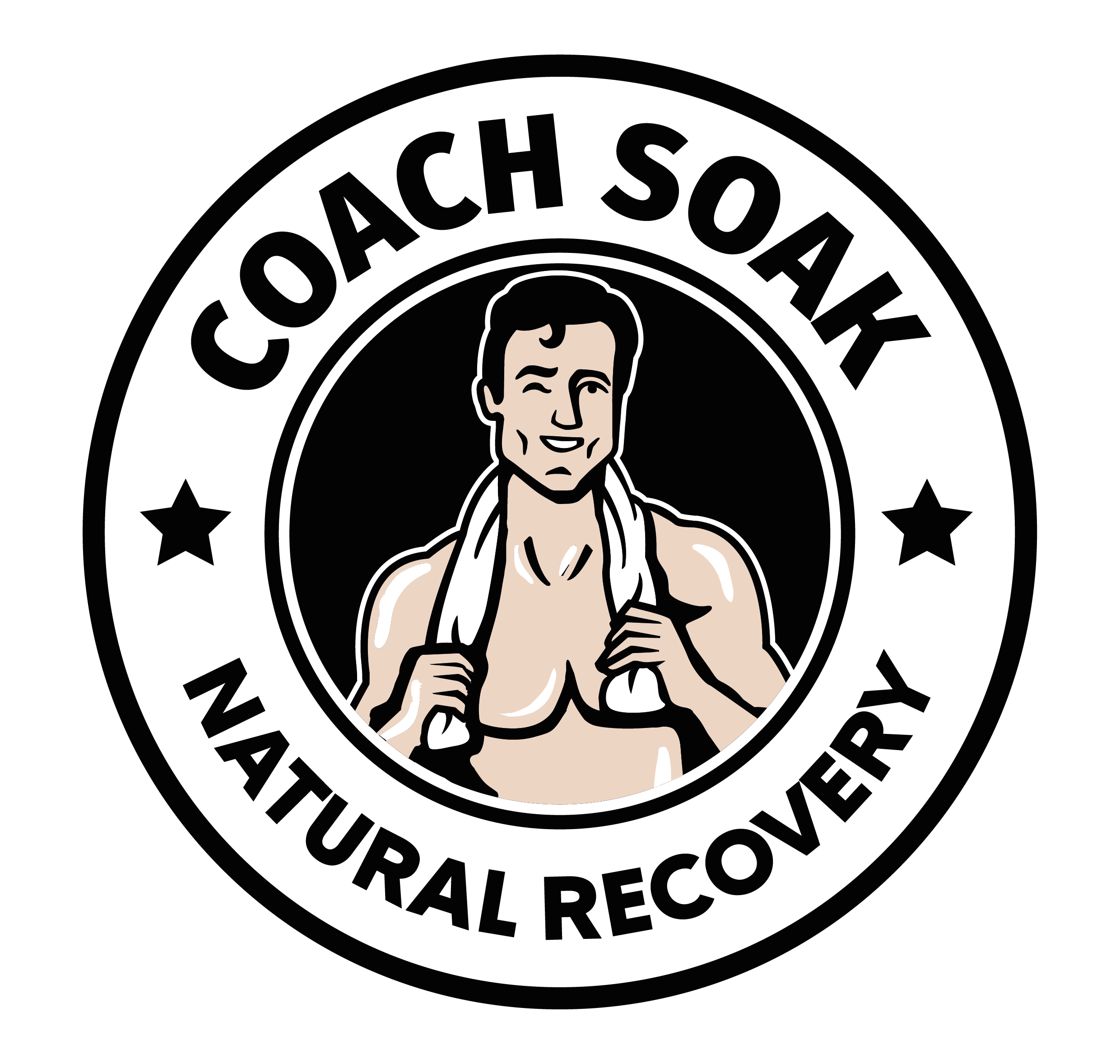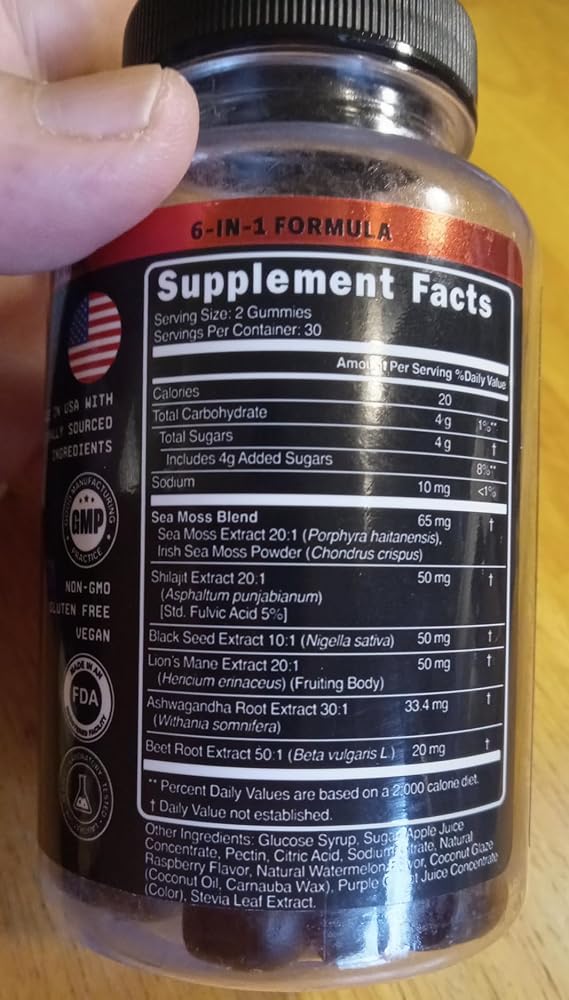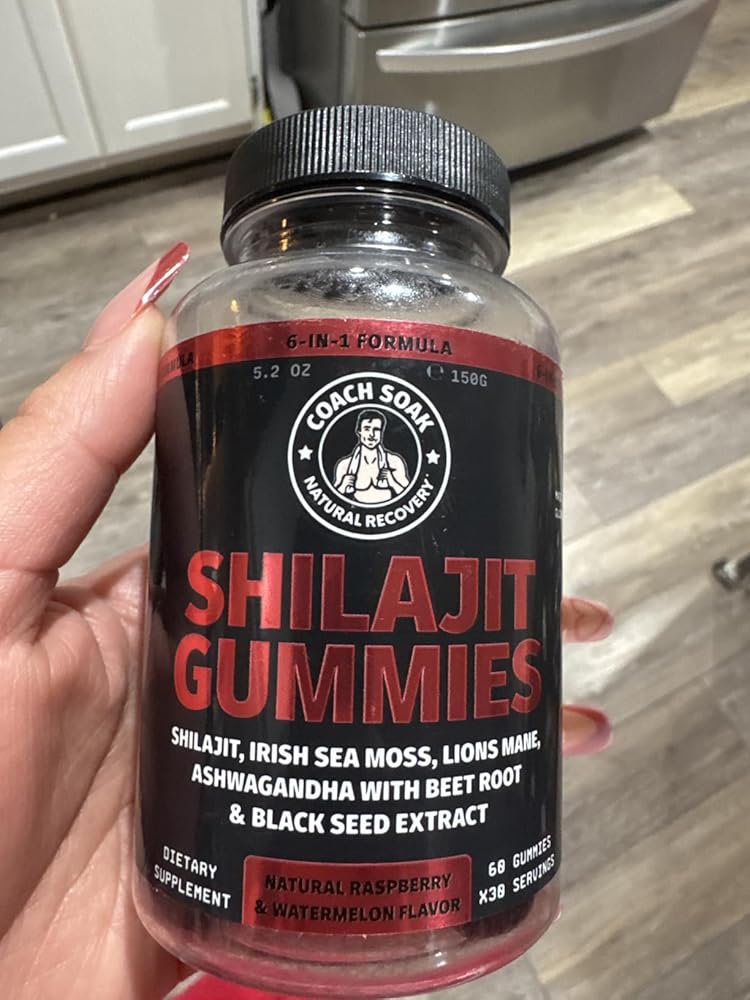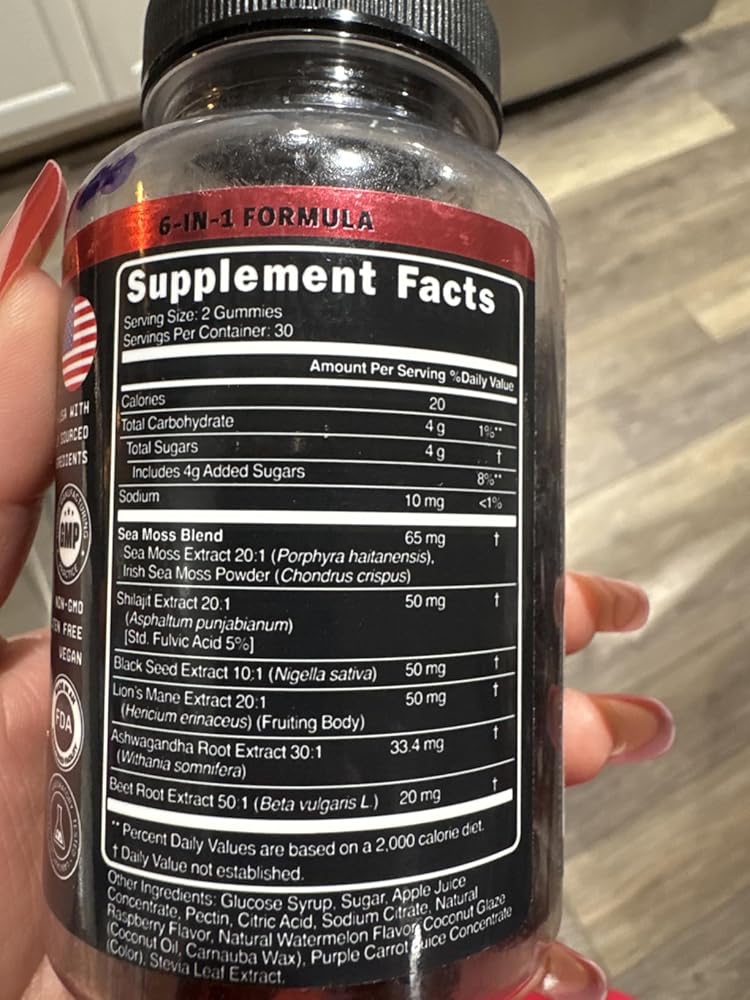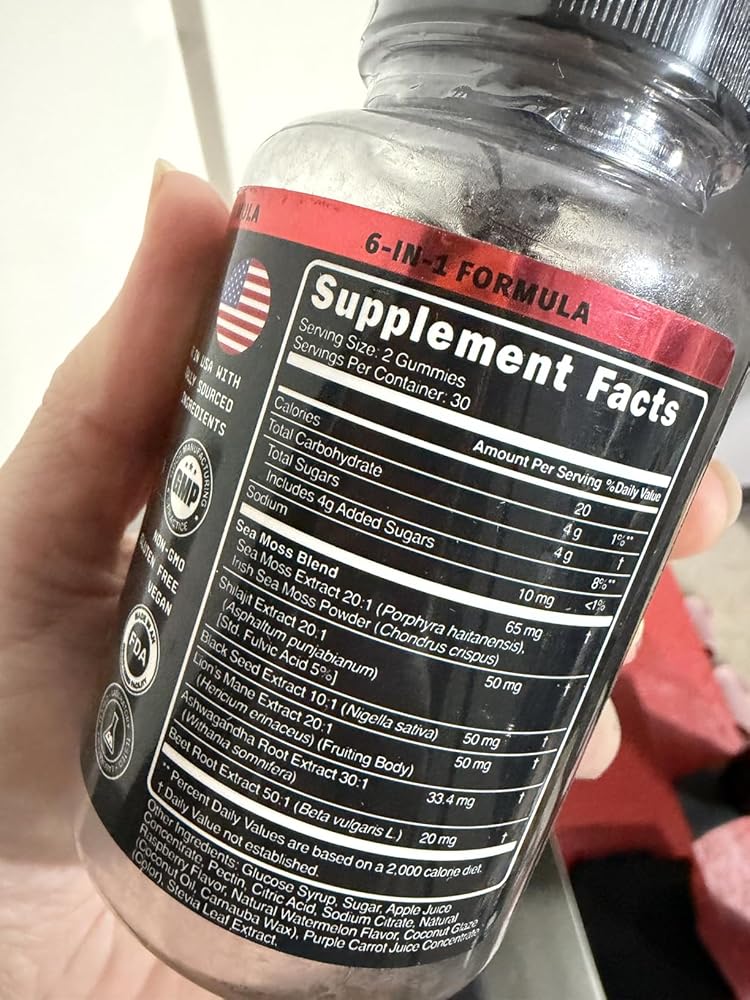Magnesium is a vital mineral that supports a restful night's sleep by promoting a sense of calm and setting the stage for relaxation. It's also a key part of a post-workout routine, helping to soothe tired muscles. Incorporating it into your wellness ritual can be a wonderful way to support your body's rest and revitalization.
In the quest for peak performance and optimal well-being, two pillars stand tall: restorative sleep and an efficient recovery routine. We all know the drag of a restless night or the lingering ache of muscles pushed to their limits. What if a single, natural element held a powerful key to supporting improvements in both? Many are discovering that magnesium, an essential mineral often overlooked, is precisely that key. It’s not just a wellness trend; it’s a fundamental component for your body to truly rest and recharge.
Imagine waking up feeling genuinely refreshed, your body ready to tackle the day, not fighting through yesterday's exertion. Consider how much more effective your workouts could be if you had a great routine for soothing post-workout muscle soreness. This isn't about wishful thinking; it's about understanding the supportive impact magnesium can have. From the way it helps you unwind for a deeper slumber to how it actively works to soothe and comfort your muscles, the advantages are compelling. Let's explore the full spectrum of magnesium benefits to elevate both your nights and your recovery days.

Understanding Magnesium: Why it’s Key for Rest and Repair
Magnesium isn't just another supplement on the shelf; it's a powerhouse mineral, an unsung hero involved in over 300 critical biochemical reactions within your body. Think of it as a master conductor, ensuring numerous bodily processes run smoothly, especially those vital for promoting a sense of calm and supporting your muscles post-workout. When your magnesium levels are optimal, your body is better equipped to unwind, wind down for sleep, and recover from physical exertion. Without enough of it, you might feel the effects in ways you haven't even connected to this essential nutrient – from restless nights to that lingering feeling of muscle soreness.
The Science of Serenity: Magnesium's Role in Sleep
If you're chasing truly restorative sleep, magnesium is your ally. It works wonders on your nervous system, preparing your mind and body for rest.
- A Calmer Mindset: Magnesium is essential for many bodily processes, including those that help promote a sense of calm. It is widely understood to play a role in the body's natural pathways for relaxation, helping to quiet the "mental chatter" that can keep you tossing and turning.
- Supporting Natural Rhythms: It also plays a role in supporting your body's natural sleep-wake cycles. Adequate magnesium levels are important for guiding you toward a natural and restful slumber.
Bouncing Back: How Magnesium Supports Workout Recovery
After pushing your body, magnesium steps in as a crucial agent for recovery and recuperation, helping you bounce back feeling refreshed.
- Soothes Tired Muscles: Magnesium is wonderful for promoting muscle relaxation. It helps muscles unwind after contraction. This is why it’s so effective at easing post-workout tightness and the feeling of muscle cramps. While many reach for Epsom salt (magnesium sulfate) for this, our Dead Sea magnesium chloride flakes offer an excellent experience for direct and effective soaking.
- Energy Production: Every muscle movement and bodily process requires energy in the form of ATP (adenosine triphosphate). Magnesium is essential for ATP production, which provides energy for your body's natural processes.
- Calming and Soothing: Intense exercise can stress the body. Magnesium can help to soothe stressed tissues and ease the soreness that can keep you from your next session.
- Protein Synthesis: Building and maintaining muscle tissue requires protein synthesis, and magnesium is a key player in this fundamental process.
Understanding these roles highlights the core of magnesium benefits for anyone looking to enhance their sleep routine and support their recovery. It’s about providing your body with one of its most basic, yet most powerful, tools for revitalization.
Drift Off Easier: How Magnesium Can Improve Your Sleep Quality
Tired of counting sheep? If a peaceful night's sleep feels like a distant dream, magnesium might just be the missing piece in your bedtime routine. This essential mineral doesn't just passively contribute to rest; it actively helps you prepare your body and mind for a more rejuvenating slumber. When your magnesium levels are optimal, you're setting the stage for tranquility, making it easier to unwind and relax before bed.
Promoting a Quieter Night
One of magnesium's most celebrated roles in a sleep routine is its ability to promote a calm mindset. It’s like a natural balm for a busy mind, easing the mental agitation that often keeps us awake.
- Easing Feelings of Stress: Magnesium supports the body's natural processes for relaxation. It is important for maintaining a feeling of calm and easing feelings of tension. By promoting a tranquil mindset, magnesium helps create the perfect internal environment to unwind.
Regulating Your Internal Clock
Your body's natural sleep-wake cycle, or circadian rhythm, is heavily influenced by hormones, particularly melatonin. Magnesium is a key player in ensuring this cycle functions smoothly.
- Supporting Melatonin Production: Magnesium is involved in the pathways that produce melatonin, the hormone that signals to your body that it's time to sleep. Adequate magnesium ensures this crucial signal is strong and clear.
- Improving Sleep Efficiency: Studies suggest that magnesium can lead to increased sleep time, better sleep efficiency (more time spent asleep in bed), and less waking up during the night. This means you’re not just sleeping longer, but also sleeping better.
Easing Physical Discomforts that Disturb Sleep
Sometimes, it's not just a racing mind but physical discomfort that keeps us from truly restful sleep. Magnesium can help here too.
- Muscle Relaxation: Just as it helps muscles after a workout, magnesium’s muscle-relaxing properties can ease nighttime cramps or general muscle tension that might otherwise jolt you awake or make it difficult to find a comfortable position.
By addressing these key aspects of pre-sleep comfort—a calm mindset and relaxed muscles—magnesium offers a holistic approach to improving your nightly routine. It's not about forcing sleep with sedatives, but rather about nurturing your body's natural ability to achieve deep, restorative sleep.
Bounce Back Stronger: Magnesium's Role in Post-Workout Recovery
You’ve pushed your limits, challenged your muscles, and now it's time for the crucial phase: recovery. This is where magnesium truly shines, acting as your body's dedicated repair crew. It’s not just about passively waiting for soreness to fade; magnesium actively accelerates the healing process, helping you recover faster, reduce discomfort, and get back to your training stronger than before. While many are familiar with options like Epsom salt for muscle soaks, understanding how profoundly magnesium itself works within your system reveals why it's a non-negotiable for serious recovery.
Immediate Relief: Tackling Muscle Soreness and Cramps
That post-exercise ache, known as Delayed Onset Muscle Soreness (DOMS), can be a real roadblock. Magnesium helps to significantly lessen its impact.
- Natural Muscle Relaxant: Magnesium is essential for muscle relaxation. During exercise, calcium floods into muscle cells, causing them to contract. Magnesium acts as a natural calcium blocker, helping to usher calcium out and allowing muscles to release and relax. This process is vital for alleviating tightness, stiffness, and those painful muscle cramps that can strike after intense activity. Our pure Dead Sea magnesium chloride flakes are specifically formulated for optimal absorption, delivering this relaxing effect more efficiently than traditional magnesium sulfate (Epsom salt) soaks.
- Lactic Acid Regulation: While lactic acid isn't the sole cause of DOMS, magnesium plays a role in its metabolism, helping to clear it from muscles more effectively.
Fueling Repair: Energy Production and Protein Synthesis
Recovery isn't just about feeling better; it's about rebuilding. Magnesium is at the heart of these cellular processes.
- Powering Cellular Repair (ATP Production): Every single action your body takes, including repairing damaged muscle fibers, requires energy. This energy comes in the form of ATP (adenosine triphosphate), and magnesium is indispensable for its creation. More magnesium means more fuel for your cellular repair crews.
- Essential for Protein Synthesis: Building stronger muscles means creating new muscle protein. Magnesium is a critical cofactor for the enzymes involved in protein synthesis, ensuring your body can effectively use the protein you consume to repair and grow muscle tissue.
Calming the Storm: Reducing Exercise-Induced Inflammation
Intense workouts naturally trigger an inflammatory response. While some inflammation is part of the healing process, excessive or prolonged inflammation can hinder recovery and increase pain.
- Anti-inflammatory Action: Magnesium has well-documented anti-inflammatory properties. It helps to modulate the body's inflammatory response, reducing the levels of inflammatory markers like C-reactive protein (CRP). This helps to soothe overworked tissues and reduce overall soreness.
Optimizing Performance: The Long-Term Magnesium Benefits for Recovery
Consistent magnesium intake, whether through diet or transdermal absorption like a foot soak or bath, isn't just about immediate relief—it's an investment in your ongoing athletic performance and resilience.
- Improved Endurance: By aiding in efficient energy production and reducing muscle fatigue, magnesium can contribute to better endurance over time.
- Reduced Risk of Injury: Healthy, well-nourished muscles that recover efficiently are less prone to strains and other injuries.
- Enhanced Overall Well-being: The combined magnesium benefits of better sleep and faster recovery contribute to a greater sense of vitality, allowing you to approach each workout with renewed energy.
By actively supporting muscle relaxation, energy production, inflammation control, and cellular repair, magnesium is an indispensable tool in your recovery arsenal. It’s about working smarter, not just harder, to achieve your fitness goals.
Making Magnesium Work for You: Sources, Sensible Use, and What to Watch For
Understanding the incredible magnesium benefits for sleep and recovery is one thing; knowing how to effectively incorporate them into your life is another.. The good news is that there are several ways to boost your magnesium levels, each with its own advantages. From the foods you eat to specialized topical applications, let's explore how you can make this essential mineral a consistent part of your wellness strategy.
Getting Your Daily Dose: Dietary and Transdermal Magnesium
Your body relies on a steady supply of magnesium, and there are two primary routes to ensure you're getting enough: through your diet and via absorption through your skin (transdermal).
Fueling Up: Magnesium-Rich Foods
Nature provides an abundance of magnesium-rich foods. Incorporating these into your meals is a foundational step:
- Leafy Green Vegetables: Spinach, kale, and Swiss chard are nutritional powerhouses packed with magnesium.
- Nuts and Seeds: Almonds, pumpkin seeds, chia seeds, and cashews are excellent sources.
- Legumes: Black beans, chickpeas, and lentils offer a good magnesium punch.
- Whole Grains: Brown rice, quinoa, and oats contribute to your daily intake.
- Avocado: This creamy fruit is surprisingly rich in magnesium.
- Dark Chocolate (70% cocoa or higher): A delicious way to get a small boost!
Beyond Diet: Transdermal Magnesium for Enhanced Benefits
While a magnesium-rich diet is crucial, modern farming practices and soil depletion can mean that even healthy foods may have lower magnesium content than in the past. Furthermore, for targeted benefits like muscle relaxation and enhanced recovery, transdermal absorption offers a direct route.
This is where products like our pure Dead Sea magnesium chloride flakes are an excellent choice. While many turn to Epsom salts (magnesium sulfate) for baths, our magnesium chloride formulation is a differet, high-quality form of magnesium. This means your skin can easily absorb the magnesium in a warm bath, delivering it directly to your muscles and tissues for wonderful relaxation and comfort. A warm bath or foot soak with high-quality magnesium flakes isn't just a luxury; it's an efficient delivery system for this vital mineral, bypassing the digestive system entirely.
Smart Supplementation and Usage Tips
Beyond whole foods and transdermal applications, oral supplements are also an option, though it's important to choose wisely and use them correctly.
Oral Magnesium: What to Know
Various forms of oral magnesium supplements exist (e.g., magnesium citrate, glycinate, oxide). They can be effective for raising overall magnesium levels, but absorption rates vary, and some forms can be harsh on the digestive system in sensitive individuals. If considering oral supplements, it’s always best to consult with a healthcare professional to determine the right type and dosage for your specific needs.
The Art of the Magnesium Soak: Making the Most of Your Flakes
To truly harness the power of transdermal magnesium for sleep and recovery:
- Choose Quality: Opt for high-purity magnesium chloride flakes, like ours sourced from the Dead Sea, for a premium experience. The inclusion of naturally occurring trace minerals adds to the unique properties of the soak.
- The Right Temperature: Use warm water (around 37-40°C or 98-104°F) for your bath or foot soak. Water that's too hot can be counterproductive.
- Sufficient Soaking Time: Aim for at least 20-30 minutes to allow for optimal absorption through the skin.
- Consistency is Key: Regular soaks (2-3 times a week, or more frequently after intense workouts or during periods of stress) yield the best results.
Listening to Your Body: Signs and Considerations
While magnesium is generally very safe, it's good to be aware of your body's signals.
Recognizing Potential Magnesium Shortfalls
Common signs that you might not be getting enough magnesium can include muscle tightness or twitches, fatigue, and difficulty unwinding.
Important Notes on Magnesium Use
- Too Much (Oral): Excessive intake of oral magnesium supplements can lead to diarrhea, nausea, and abdominal cramping. This is less of a concern with transdermal absorption, as the body tends to take up only what it needs through the skin.
- Kidney Health: Individuals with kidney problems should consult their doctor before significantly increasing magnesium intake from any source, as impaired kidneys may have difficulty excreting excess magnesium.
- Drug Interactions: Magnesium can interact with certain medications, including some antibiotics and diuretics. Always discuss with your doctor or pharmacist if you are on medication.
By combining a magnesium-conscious diet with the strategic use of high-quality transdermal magnesium, like our Dead Sea flakes enriched with 21 essential minerals and Vitamin C (if applicable to product), you can create a powerful synergy that supports both profound rest and dynamic recovery. It’s about making informed choices to give your body the resources it needs to perform at its best, day and night.
